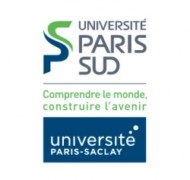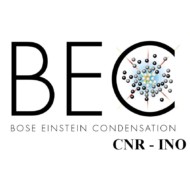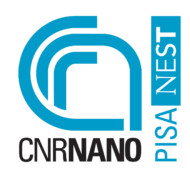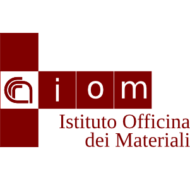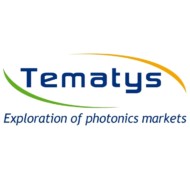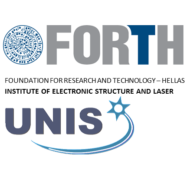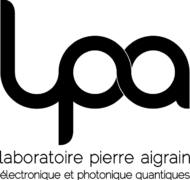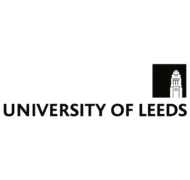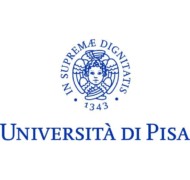The Centre for Nanoscience and Nanotechnology (C2N) is one of the largest laboratories of University Paris- Sud with 283 members including 83 permanent researchers, 160 PhD students and post-doctoral researchers and 40 technical and administrative staff members. It is a joint unit between University Paris-Sud and the French national research council (CNRS). Its activities focus on nanoscience: nanophotonics, nanoelectronics and micro-nano systems.
The BEC Center involves staff researchers of INO-CNR (a national research institution in optics) and of Trento University. It is located in the village of Povo, in the suburbs of Trento in north-east Italy.
The BEC Center now hosts around 30 researchers. Since the mid-90’s the BEC Center has played a key role at the highest international level in the theoretical studies of quantum gases of ultracold atoms. Sandro Stringari, the founder of the center, and Lev P. Pitaevskii, appointed to the center, are among the most renowned scientists in this field.
The CNR-NANO research activities will be developed within the National Enterprise for Nanoscience and Nanotechnology NEST at the Scuola Normale Superiore, the leading Italian higher education institute for physics and exact sciences. NEST is a research and training centre where physicists, chemists and biologists investigate scientific issues at the nanoscale. This knowledge is exploited to develop innovative nano-biotechnological tools, nanoelectronic and photonic devices and architectures.
The Istituto Officina dei Materiali (IOM) of CNR, headquartered in Trieste, is an interdisciplinary research center that combines material synthesis, advanced characterizations and numerical simulations, focusing on the study and development of innovative materials and devices at the micro- and nano-scale. Several Laboratories and Facilities are hosted, maintained and implemented, which make a rich and complete set of complementary tools and methodologies including atom-by-atom synthesis, fine analysis, materials and device functionalization, in order to tackle multidisciplinary scientific issues and to develop novel technologies.
Tematys is an independent SME dedicated to the exploration of Photonics markets. The company provides studies and strategy in Optics, Photonics, Sensors, Imaging, Lighting and their application markets. The company has developed a special expertise in R&D valorization and marketing of emerging technologies coming from Research Organizations, but also from private industrial groups, SME and start-ups.
The Foundation for Research and Technology – Hellas (FORTH), is one of the largest research centres in Greece. The Institute of Electronic Structure and Laser (IESL) is a well-established internationally-recognized research Institute of FORTH, conducting pioneering, both basic and applied, research in the fields of Laser Science, Micro/nano-electronics, Polymer Science, Materials Science and Astrophysics. It currently employs over 220 people, distributed into 2 divisions: Materials and Devices, and Lasers and Applications.
The Laboratory Pierre Aigrain (CNRS-LPA) is a joint organization between the CNRS, the Ecole Normale Superieure (ENS), University Pierre and Marie Curie (UPMC) and University Paris Diderot (UPD). The CNRS laboratories are based at ENS, which is classed as the leading higher education and research institute in France. The CNRS-LPA is a world-class physics institute in the field of condensed matter.
The University of Leeds is one of the top ten universities for research and student education in the UK and is internationally acknowledged as a centre of excellence for a comprehensive range of academic and professional disciplines. It has an annual income of over €650M and over 30,000 students (over 7,000 post graduate students) and approximately 6,450 staff of 99 different nationalities, attached to 560 different undergraduate and 300 postgraduate degree programmes.
The scientific focus of the Ultrafast quantum dynamics and photonics Group at the University of Regensburg (Prof. Dr. R. Huber, Dr. C. Lange) is set on ultrafast phenomena dominating the physics of solids, molecules and custom tailored nanostructures. We aim to understand and control the microscopic interplay between elementary degrees of freedom and exploit this knowledge to design quantum systems with novel functionalities.
The Physics Department at Pisa University is one of the main Italian ones with over 170 new students each year. It has a long-standing record of excellent research in areas as diverse as particle physics, theoretical physics, as well as cold atoms and condensed matter. In 2014 it has been ranked at number 24 by the QS World Ranking.

